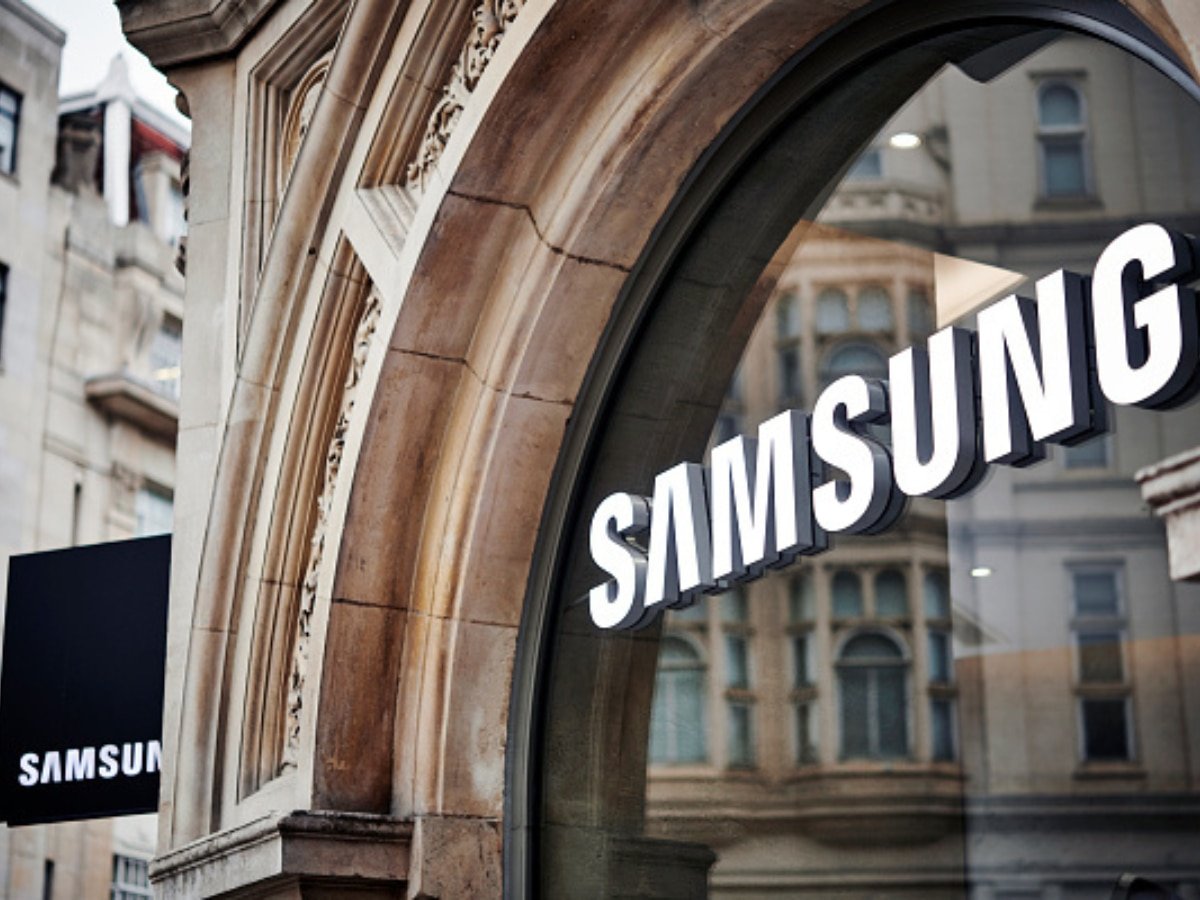Samsung has joined hands with Hyundai Motor where the former will provide auto chip solutions to the carmaker. Samsung has announced that its latest automotive processor, the Exynos Auto V920, has been selected to power Hyundai Motor Company’s next-generation in-vehicle infotainment (IVI) systems, which is likely to be here by 2025.
This marks Samsung’s first collaboration on automotive semiconductors with Hyundai Motor.
Also read: Samsung Galaxy Fold 5 And Flip 5 May Feature Water Resistance. Know Everything
Samsung’s Exynos Auto V920 is the South Korean tech giant’s third-generation automotive processor for advanced IVI systems. It has considerable upgrades in CPU, graphics and neural processing performance, and the V920 intends to deliver an optimal in-vehicle experience by enabling real-time display of critical driving information, as well as seamless playback of graphics-rich video content and games on multiple displays.
“We are thrilled to be collaborating with Hyundai Motor, a prominent global mobility manufacturer, and we anticipate that this partnership will further solidify our position in the automotive infotainment space,” Jae Geol Pyee, Executive Vice President of Sales & Marketing, System LSI Business at Samsung Electronics, said in a statement.
“Through close collaboration with our global customers and ecosystem partners, we will continue to create state-of-the-art automotive chip solutions that offer a safe and enjoyable mobility experience.”
Also read: Galaxy Unpacked Will Be Hosted In Seoul For The First Time, Samsung Confirms
The V920 CPU packs 10 of Arm’s latest cores optimized for autonomous driving, enabling 1.7 times greater processing performance than the previous generation. With support for LPDDR5 memory’s cutting-edge speed, the V920 can efficiently manage up to six high-resolution displays for dashboard, infotainment and rear seat entertainment systems, and up to 12 camera sensors that capture crucial visual information.
In a bid to bolster driver safety, the V920’s embedded safety island — compliant with Automotive Safety Integrity Level B (ASIL-B) requirements — detects and manages faults in real-time, keeping the IVI system secure.




